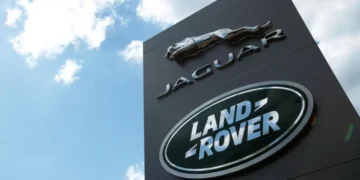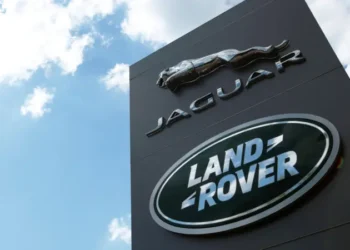By Lucy Adautin
The Nigerian Government has postponed and redirected the realignment of the Lagos-Calabar coastal road projects.
It said its decision is to preserve telecommunications infrastructure and submarine cables passing under the designated land mass.
Following a presidential directive, telcos, MTN submarine cables, and workstations along the Okun-Ajah community axis have been spared from demolition after a thorough assessment of the Environmental Impact Assessment (EIA) on infrastructure and business activities in the area.
David Umahi, Nigeria’s Minister of Works, addressed stakeholders in Lagos during a meeting on Compensation and Environmental Impact Assessment for the coastal road project. He informed community groups and traditional institutions, particularly those from the Okun-Ajah community.
Previously, the Okun-Ajah community had raised concerns, warning both the federal and Lagos State governments about the alleged illegal variation to the Lagos-Calabar coastal highway route. This variation threatened to demolish six villages and displace three traditional kings within the community if the plan was not altered.
Umahi emphasized the necessity of redesigning the route to preserve the 600-year-old ancestry of the Okun-Ajah community. He noted that, out of compassion, the president aimed to save properties and infrastructure in the Okun-Ajah area by diverting the alignment routes, thereby preventing the demolition of communities in the state.
The minister highlighted that the gazetted alignment and the EIA indicated that the old alignment would have led to the demolition of over 750 houses, whereas the new alignment, after a thorough assessment, marked 450 houses for demolition in the Okun-Ajah community axis.
Umahi explained that the project approval underwent a rigorous process, including consideration by the Bureau of Public Procurement (BPP) and the Federal Executive Council (FEC), as mandated by law. He stressed that the project followed the certification process and the Environmental Impact Assessment Acts.
He added that the BPP issued a certificate of no objection to the Ministry of Works, which then presented it to the Federal Executive Council (FEC) for debate and approval.
Umahi clarified that the removal of properties along the route would adhere to the rule of law, and only property owners with valid titles would receive compensation.
Iliyasu Abdullah, Group CEO of Machine and Equipment Consortiums Africa, also spoke, emphasizing that three critical infrastructures located along the Okun-Ajah community had been in place for 17 years. He highlighted the importance of the submarine cables and workstations in supporting the Internet gateway and commended the federal government’s efforts to protect major national infrastructure.




































